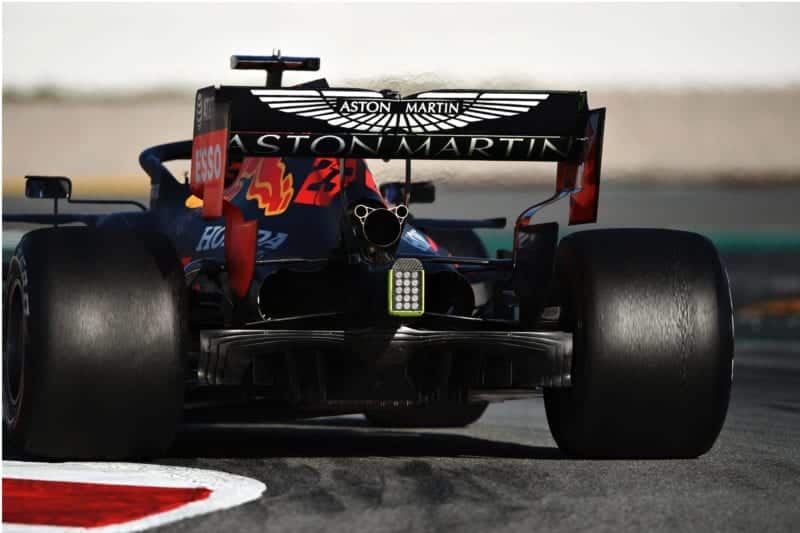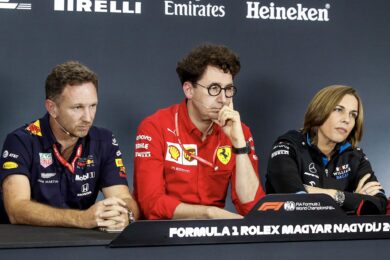Combined with a new range of development restrictions and the downforce-slashing technical regulations now due for introduction in 2022, the end of laissez-faire F1 spending could genuinely be a competitive game-changer, especially for the best midfield runners such as Racing Point/Aston Martin. The team might even have a realistic hope of one day winning races and recouping a fairer share of the still significant investment an F1 programme demands. That’s clearly what Stroll believes is possible.
The new era can’t come soon enough, especially for the likes of Renault, given the pressure that team is under from its board following its underperformance in F1 since returning as a full entrant in 2016.
For team principal Cyril Abiteboul, just as it is for Stroll, the question will be how rapidly their teams can rise to a level that will trouble the axis of power that has won every race in the hybrid era since its introduction in 2014. And there should be at least two more prominent figures in F1 who might well be asking that same question.
For Sebastian Vettel and Fernando Alonso, the potential of the new era might well have opened up their F1 options – especially for the former. Six years younger than Alonso, Vettel at 32 could race on through most of this decade, if he still has the hunger after the draining disappointment of his time at Ferrari – admittedly a big question itself. On first glance, only an underwhelming move to Renault looked remotely appealing for a four-time champion, until Aston’s entry and the dawning of a promising new era is taken into consideration.
Perhaps that was what his old Red Bull boss Christian Horner was hinting at when he said Vettel isn’t “short of opportunities”, despite having previously stated rehiring his former star was “highly unlikely”. For both veterans, Aston should be a genuine prospect – although for Alonso, 39 next year, the clock is clearly ticking.
In his first speech as Aston Martin’s chairman, Stroll stated clearly that F1 is at the heart of his strategy for the car maker. His commitment and belief in F1 cannot be doubted. Consider too his investment group includes one Toto Wolff, who has taken a £37.7m stake in Aston while retaining his 30 per cent share in the Mercedes F1 team he has led so assuredly to record-breaking success.
Speculation surrounding Wolf’s future remains rife in the circumstances, and given the credit he is due for his part in Merc’s remarkable F1 success, he is now the key piece on the grand prix chess board. His next move – and surely there will be one at some point – is likely to be hugely significant in one way or another for the future of F1. If Stroll invites him to lead Aston’s F1 campaign and Wolff eventually accepts, consider the power of his reputation when it comes to recruiting not just top-line racing drivers, but F1’s best technical heads. Good people want to work for this man. Just ask Lewis Hamilton.
As mind-boggling and inconceivable as it might seem given Aston Martin’s current status on the stock exchange, the company is well placed to dive into F1 – and it could be manoeuvring all its pieces with perfect timing to become F1’s next big superpower.


